The Starting Point for Being a Good Spa Manager
Embarking on a journey to become a successful spa manager requires more than just a title; it demands a commitment to mastering fundamental principles and cultivating essential skills. In this comprehensive guide, we’ll explore the starting point for aspiring spa managers, offering insights into the core principles, traits, and skills crucial for laying a strong foundation in the dynamic world of spa management.
1. Understanding the Industry
The first step towards becoming a good spa manager involves a deep understanding of the spa industry:
- Industry Dynamics: Familiarize yourself with the trends, challenges, and opportunities prevalent in the spa and wellness sector.
- Clientele Insight: Grasp the diverse needs, preferences, and expectations of spa clientele to tailor services effectively.
- Market Analysis: Conduct thorough market research to identify competitors, target demographics, and potential niches.
2. Developing Leadership Qualities
Effective leadership forms the cornerstone of successful spa management:
- Vision and Direction: Set clear goals and a vision for the spa, inspiring and guiding your team towards collective objectives.
- Communication Skills: Master the art of effective communication to convey expectations, instructions, and feedback clearly.
- Empathy and Motivation: Understand your team’s motivations and challenges, fostering a supportive and motivated work environment.
3. Acquiring Operational Expertise
A good spa manager should possess operational proficiency:
- Efficient Resource Management: Learn to manage resources effectively, including inventory, staffing, and budgets.
- Streamlined Processes: Implement standardized procedures for appointments, inventory control, and customer management.
- Problem-Solving Abilities: Develop a knack for swift decision-making and problem resolution to ensure smooth operations.
4. Cultivating Customer-Centric Approach
Prioritizing customer satisfaction is pivotal in spa management:
- Personalization: Tailor services to meet individual client needs, fostering a sense of exclusivity and satisfaction.
- Customer Relationship Management: Build strong relationships with clients, ensuring their loyalty and positive word-of-mouth.
- Service Excellence: Strive for excellence in service delivery, consistently meeting and exceeding customer expectations.
5. Embracing Continuous Learning
The journey to becoming a proficient spa manager is an ongoing process:
- Education and Training: Invest in continual learning through courses, workshops, and industry seminars to stay updated.
- Adaptability: Embrace changes in technology, industry trends, and client preferences, adapting your strategies accordingly.
- Networking: Engage with industry professionals, exchanging insights, and building a support network for growth.
6. Upholding Ethical Standards
Maintaining integrity and ethics is non-negotiable:
- Transparency: Operate with honesty and transparency in all dealings, fostering trust among staff and clients.
- Professionalism: Set and maintain high ethical standards, ensuring fairness, respect, and confidentiality in all interactions.
- Compliance: Adhere strictly to industry regulations and standards, ensuring the spa operates within legal boundaries.
Conclusion
Becoming a proficient spa manager starts with a strong foundation built upon industry knowledge, leadership qualities, operational expertise, customer-centric approaches, continuous learning, and ethical standards. Embracing these foundational principles sets the stage for success and growth in the dynamic world of spa management.
In conclusion, the starting point for being a good spa manager involves a holistic approach encompassing industry understanding, leadership development, operational efficiency, customer focus, continuous learning, and ethical conduct. By embracing these foundational aspects, aspiring spa managers pave the way for a fulfilling and successful career in spa management.


